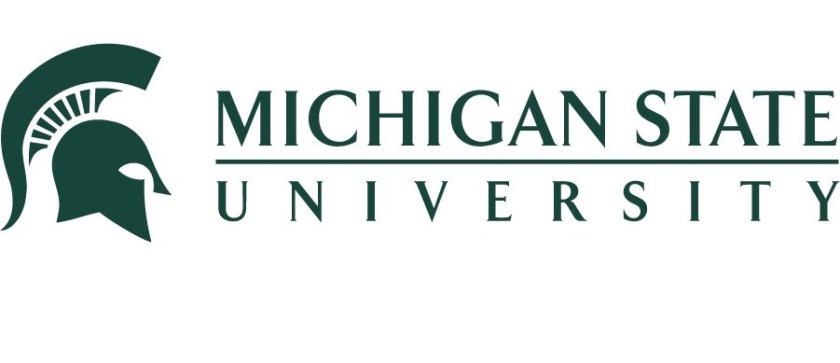A Michigan State University-led research team has received a $769,000 grant from the U.S. Department of Agriculture’s (USDA) National Institute of Food and Agriculture (NIFA) to develop a rapid biosensor test for foodborne pathogens. The project is supported by NIFA’s Agriculture and Food Research Initiative.
The rapid test will be used onsite at poultry farms and processing facilities to inspect large samples for Salmonella and Campylobacter, two common foodborne illness-causing bacteria.
Evangelyn Alocilja, a professor in the MSU Department of Biosystems and Agricultural Engineering is leading the project. Alocilja, whose work is also supported by MSU AgBioResearch, is a world-renowned expert in rapid biosensing diagnostics for infectious and antimicrobial-resistant diseases, having developed such tests for tuberculosis, dengue and COVID-19.
According to the USDA Economic Research Service, the U.S. economic burden of Salmonella and Campylobacter from all sources exceeded $6 billion in 2018. Alocilja said previous studies have shown poultry products are one of the most common sources of infection due to bacterial contamination from farm production practices and processing equipment.
Said Alocilja: “Traditional culturing can take days or weeks, and some modern rapid tests are extremely expensive and require training. The goal is to create rapid tests that are inexpensive and accessible, and easy enough to use that people from many different industries can implement them.”
For this project, the team’s objectives are to optimise Alocilja’s existing biosensor technologies for Salmonella and Campylobacter, develop a cell phone-based application that captures and analyses data from the test, and validate the process at several poultry farms and processing facilities. For more visit msu.edu



